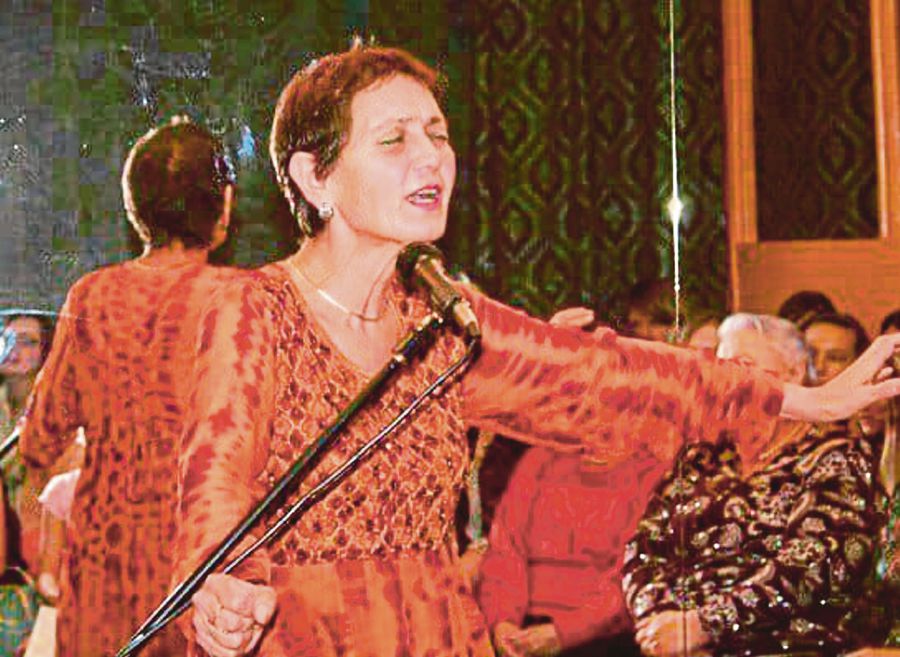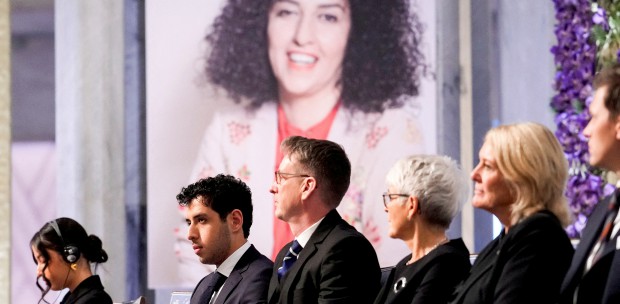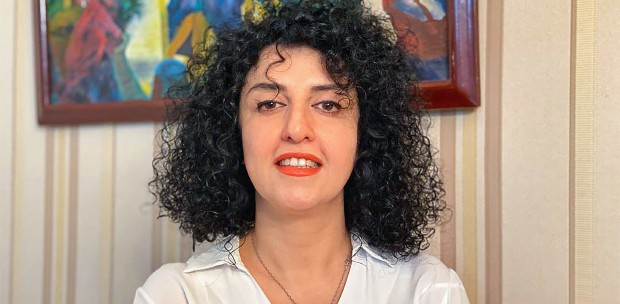THE Russian poet, Nobel Prize winner Boris Pasternak (1890-1960), at the International Writers Congress once said: "Poetry continues to be a majestic peak higher than any Alps but is in fact in the grass under the feet. All you have to do is bend your body to see and lift it off the ground."
For the Russian woman poet, Anna Akhmatova (1889-1966), the work of creating poetry is rather heavy: "If you knew from what rubbish poetry grows!" she said in one of her poems.
This opinion was shared by another Russian poet, Vladimir Mayakovsky (1893-1930), who compared the work of a poet with that of a miner who processed tonnes of earth in search of a useful grain of ore.
But when a poet manages to take poetry out of "garbage", he will be so happy and able to make others happy too. Poetry brightens human life, making it more beautiful and meaningful.
Indeed, poetry is very popular in Malaysia.
Poetry festivals are held in large numbers despite the pandemic.
Some years ago, the Federation of National Writers Association (Gapena) even held a poetry marathon that lasted 24 hours and was attended by more than 300 poets.
It is no less important that politicians, including former prime ministers Tun Dr Mahathir Mohamad and Tun Abdullah Ahmad Badawi, also take the time to write poetry.
They are not the only ones. In Malaysia, a lot of people are good at doing this. In fact, I dare say that the souls of many in the country are exposed to poetry.
Elena Taneva, a female poet from Moscow who attended the Kuala Lumpur World Poetry Festival 2002, in an interview with Berita Harian, revealed that poetry "floats in the air and grows in the fertile land of Malaysia".
That the poetry grows is because many poets here have natural talent. That is especially true of Kelantan, the "veranda of Mecca", which is rich in culture, art and literature.
And the creativity of my friend, Mohd Rosli Nik Mat, or more known as Rosli K. Matari, is another tangible proof of that.
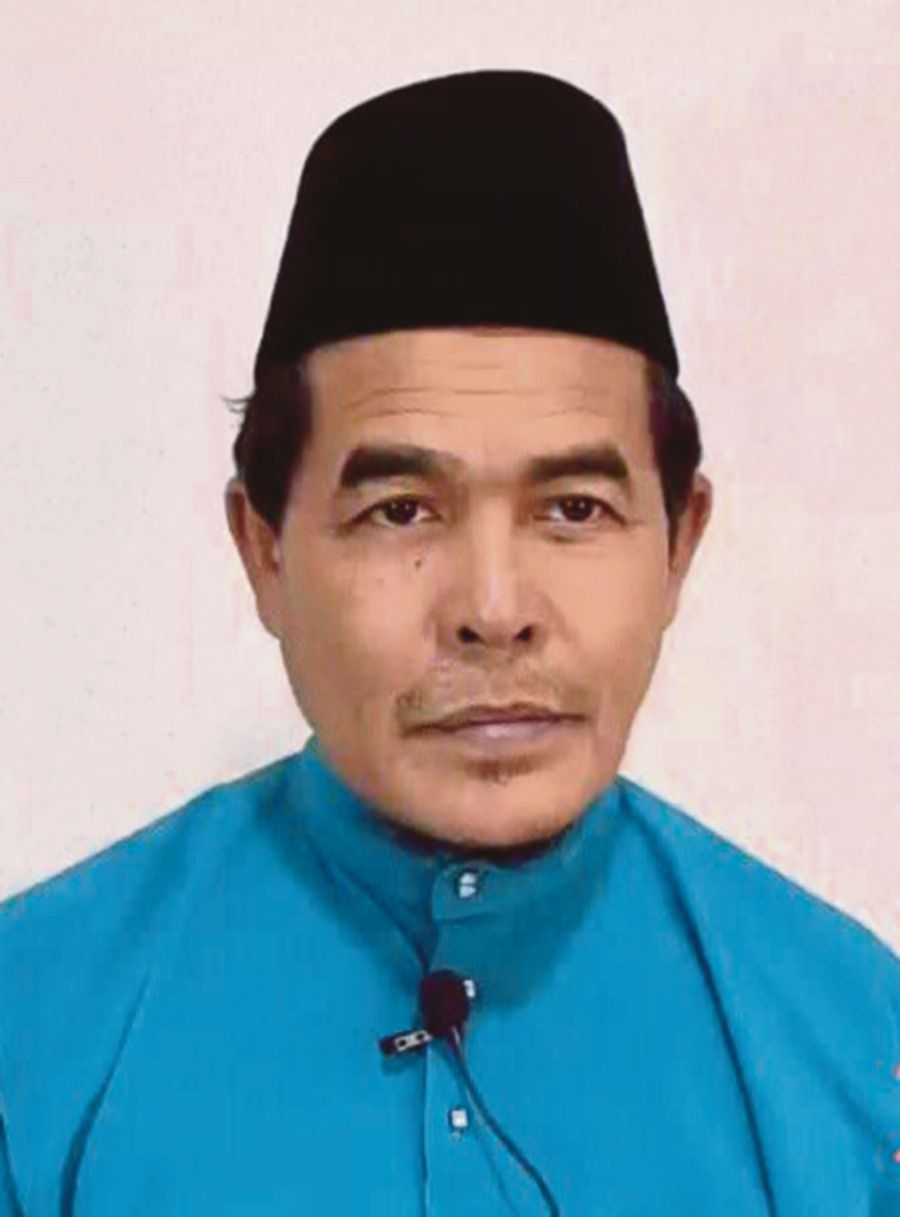
Through his poems, he showcases his talent to work on themes and forms, to choose the right words and to use metaphors without which poetry cannot exist.
He was born on April 5, 1961 in Kubang Kerian (Kelantan) and started writing poetry, prose, plays and essays since the 1970s.
He has published collections of poetry, including Nun Bulan (2011), Abrar (2011, together with Abdul Hadi Muhammad, Azmi Yusoff, Rahimidin Zahari), Anak Dusun (2012), Tidakkah Kita Berada di Sana? (2013), Hanya Langit Meratap (2014) and Matahari itu Jauh (2015).
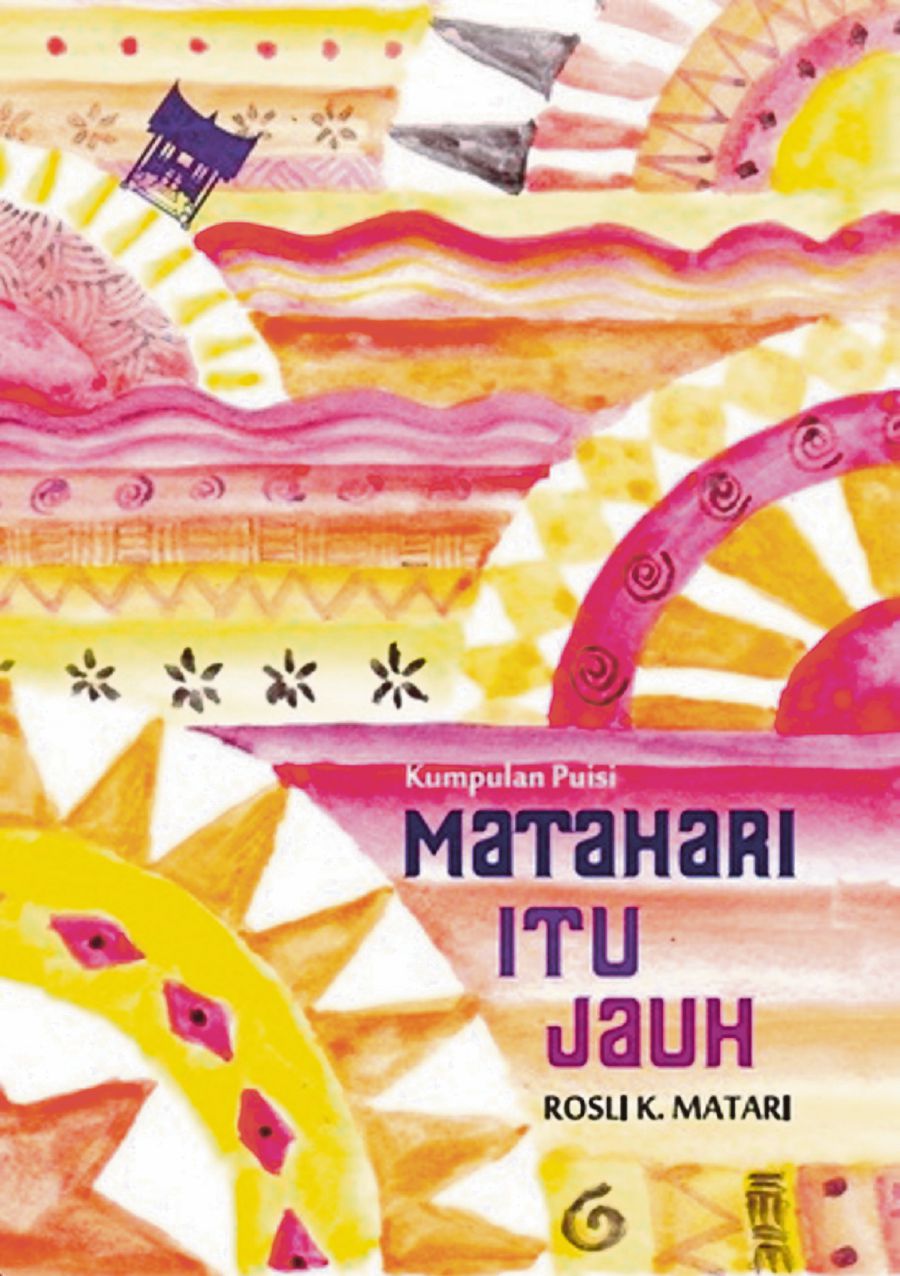
In 2016, he released the book Rahimidin, Penyair Sebagai Teman, about a talented poet who was his student, and who passed away early.
In the verses of Rosli are philosophical reflections on life, love, nature and human destiny.
He skilfully uses all the abilities of the Malay language by extracting from it all its riches, filling every line of his poems with life and movement.
The unity of feelings and high dreams infused with infinite love for God is the everlasting source of his creative inspiration.
Rosli was a laureate of the Main Malaysian Literary Prize (1988/89, 1996/97, 2010/11 and 2013), and Literary award of the Utusan group (1990, 1991, 1992, 1993, 2011 and 2012).
And now he has been presented with the 2021 Southeast Asia Literary Award (SEA Write Award).
I congratulate my friend on winning this prestigious international prize and hope that he will once again rejoice his readers with many more new poems for the glory of Malaysian literature.
The writer, writing from Russia, was a former lecturer of Universiti Malaya


